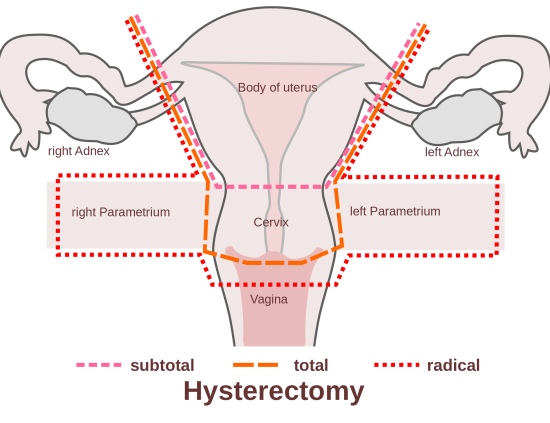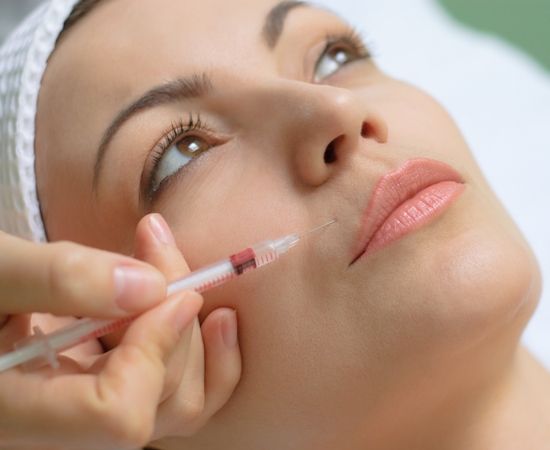Women are good about putting everyone else’s health and well-being ahead of their own. Although we typically take better care of ourselves than our male counterparts, we often don’t take the time to give ourselves the thorough care we need in order to maintain optimum health. As we age, from year 20 and on, we need to take particularly good care of ourselves and remain a little more proactive than we once normally would have.
Diet and exercise become as important as ever, and for many, supplements and vitamins may also need to become a consistent part of their daily regimens. Another important part of caring for ourselves is regular medical testing. Medical tests are designed to help us remain proactive about our health, and tests that every woman needs to have throughout her lifespan include:
 Bone-Mineral Density Test
Bone-Mineral Density Test
Women are prone to osteoporosis, and nearly 8 million women annually are afflicted by the disease. In the first five to seven years after menopause, women can lose nearly 30 percent of their bone mass alone. Osteoporosis can result in bones fracturing easily which can cause a decrease in quality of life, expensive medical bills, and numerous hospital visits.
A Bone-Mineral Test is a noninvasive procedure that requires the scanning or x-raying of your bones. Women should begin receiving bone-mineral density tests at the age of 65 and have one every 5 years. However, women who have previous smoked, have a history of fractures, have osteoporosis in their family history, or weigh less than 127 pounds should be tested at menopause.
HPV Test
The human papillomavirus, or HPV, and is responsible for most cervical cancers. Cervical cancer is one of the most common cancers found in women, and can be treated successfully when it is found in its early stages. However, if left untreated, cervical cancer can result in a hysterectomy and removal of the pelvic lymph nodes.
HPV testing allows women to know whether or not they have one of the thirteen phenotypes that may put them at risk for developing cervical cancer. Knowing in advance can help prevent the need of a hysterectomy, and potentially save the likelihood of you being a mother. Women who have not been vaccinated against HPV should have the test once they become sexually active, and should consider having the test with each new partner.
Clinical Breast Exam and Mammogram
Breast cancer can prove to be a highly fatal form of cancer if left untreated. However, if breast cancer is detected while the cancer cells are only in the breast tissue, the survival rate skyrockets to 97 percent. The best way to detect breast cancer early is by having a regular clinical breast exam starting at age 20, and for women ages 40 and over, an annual mammogram is recommended.
Heart Health Test
The number one killer in women isn’t breast cancer. It’s heart disease. By having an annual exam, women can be proactive about their heart health. During your exam, your physician should listen to your heart beat to ensure that it is not irregular and also check your blood pressure. Although cardiac health exams begin when a women is twenty, women who especially need to be vigilant include women 45 or older, overweight women, smokers, and individuals with a history of hypertension or early heart disease.
Colonoscopy
A colonoscopy requires the large intestine to be examine for polyps and other growths with a colonoscope. Should polyps be found, the doctor will remove and examine them to determine whether or not they are benign.
Colorectal cancer is nearly 90 percent curable if found in its early stages. Even with this knowledge, however, women still don’t take the time to have a colonoscopy. All women are recommended to have their first colonoscopy at 50, but for women who have a family history of polyps or colorectal cancer, they should have a test 10 years before that family member was diagnosed.
While testing can often be anxiety provoking, having routine medical examinations are highly important for any woman wishing to remain proactive about her health. Medical exams let you know what is going on with your body so that you can immediately act and prevent further detriments to your health. When we care for ourselves, we can do what we do best: care for others.






